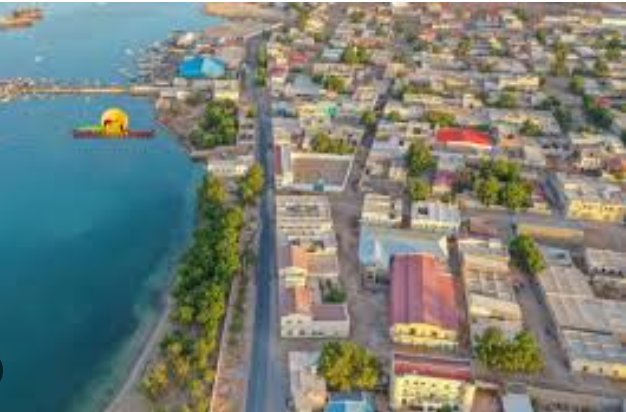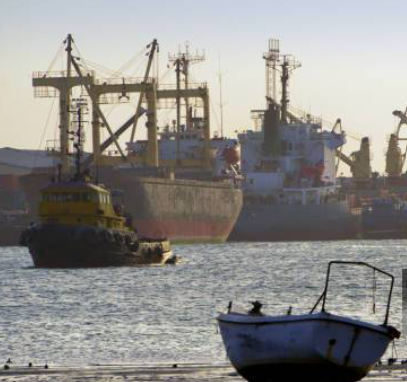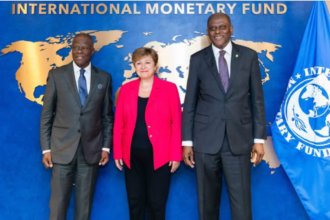Hargeisa, Somaliland – In a move that underscores the complex and fraught relationship between Somaliland and Somalia, the breakaway republic has firmly rejected an apparent offer from Mogadishu to hand over control of the strategic Berbera port to the United States military. The offer, reportedly floated by the Somali federal government, has been met with swift and categorical denouncement by Somaliland authorities, who maintain their sovereignty and right to sole control over their territories.
While details of the purported Somali proposal remain scarce, sources indicate that it was presented as a potential solution to address regional security concerns and counter the growing influence of other nations in the strategically important Horn of Africa. However, the offer was predicated on Somalia controlling the disposition of the port.
“We have heard reports of this proposal, and we want to be absolutely clear: Berbera Port is Somaliland’s port, on Somaliland’s territory, and its future will be decided solely by the government and people of Somaliland,” stated a spokesperson for the Somaliland Ministry of Foreign Affairs, in a press conference held earlier today. “We will not be dictated to by Mogadishu, a government that has repeatedly denied our existence and undermined our progress.”
Berbera port, located on the Gulf of Aden, is a vital economic artery for Somaliland and a key logistical hub for the region. Its deep-water capacity and strategic location have attracted significant investment in recent years, including a major expansion project by DP World, the Dubai-based ports operator.
The move by Somalia has been seen by many as an attempt to assert its claims over Somaliland, which declared independence in 1991 following the collapse of the Somali central government. Despite lacking international recognition, Somaliland has maintained a stable and democratic government, and has developed economic partnerships with numerous countries and corporations.
Analysts suggest that the Somali government’s alleged offer may be motivated by a desire to garner favor with the United States, particularly in the context of ongoing security challenges in the region, including the fight against al-Shabaab. However, it risks further alienating Somaliland and jeopardizing any future prospects for constructive dialogue.
“This is a counterproductive move by Mogadishu,” commented Dr. Aisha Hassan, a Horn of Africa expert at the University of London. “It highlights the deep-seated mistrust and lack of understanding between the two sides. Somaliland has demonstrated its ability to manage its affairs and contribute to regional stability. Ignoring its sovereignty is not a recipe for peace or progress.”
The rejection of the purported US port deal underscores the complex geopolitical dynamics at play in the Horn of Africa, highlighting the ongoing challenges to regional stability and the need for a more nuanced approach to engaging with the region’s diverse actors. It remains to be seen how this development will impact relations between Somaliland and Somalia, and the broader security landscape of the Horn of Africa.










